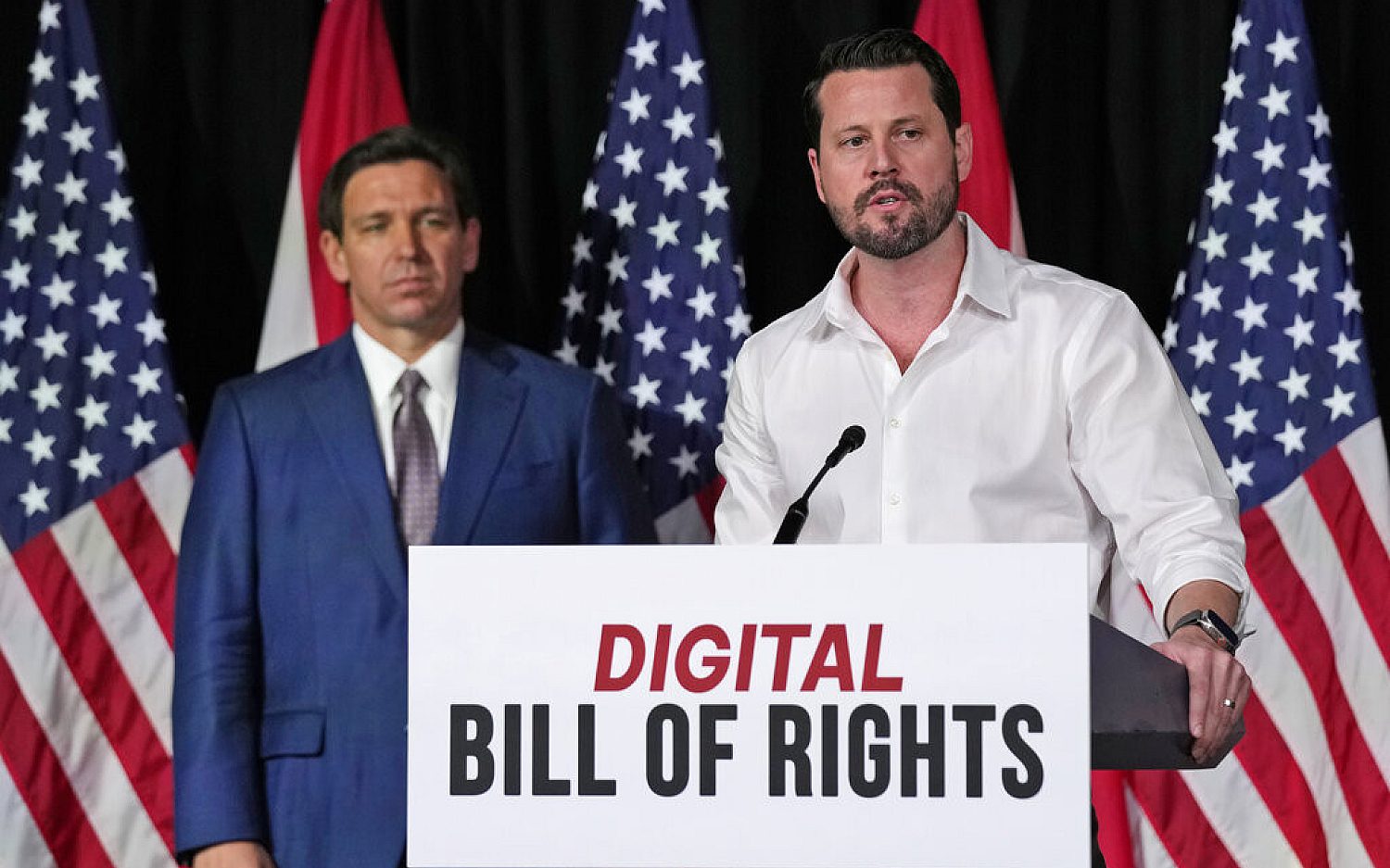New Orleans' charter school experiment
Nine years ago this month, Hurricane Katrina swept through New Orleans. Though it brought destruction, it also brought an opportunity for change.
In the years before Katrina, the city was known for failing schools. “Pre-Katrina, ‘fraud, corruption and flat-out theft’ were the norm in a school system where $71 million in federal funds were mismanaged or lost,” according to a 2007 report from Cowen Institute, a Tulane University think tank on public education initiatives. But today, New Orleans is known for one of the nation’s largest experiments with charter schools.
In the wake of Katrina, then-Louisiana Gov. Kathleen Blanco transferred more than 100 of the city’s low-performing schools to the state-run Recovery School District (RSD). The district changed most of them to charters and closed the doors of its last traditional public schools in May, according to the The Washington Post.
This year will be its first with nothing but charter schools.
“It is an ongoing experiment,” said John Merrow, director of a documentary on New Orleans schools, during a June PBS interview. Nine years after Katrina, some people point to test scores and school ratings as proof the experiment is succeeding. But critics have taken legal action against the change, and a poll of voters in the city shows mixed support for the schools.
Charter schools receive public funding, but they operate—and innovate—free from what supporters see as the politics and bureaucracy of traditional public schools. In exchange, a school must meet the standards in its charter.
The RSD currently oversees 57 charter schools in New Orleans, and most of the 20 schools run by the Orleans Parish School Board are also charters. School enrollment is down about 31 percent from before Katrina, but the number of failing schools is also down—from 78 to nine, according to October ratings from the Louisiana Department of Education. At the same time, the percentage of RSD students in grades 3-8 who scored “basic” or above on state tests increased from 37 percent in 2009 to 57 percent in 2014.
But the system has its downsides. The lottery the city uses to place students in schools can be frustrating to families. Dawn Howard homeschools her children, avoiding “the fear, the dread” of getting children into good schools. The schools are “all performing at different levels, and it seems like everyone’s trying to get into the same ones,” Howard said. Some students now travel long distances to get to school because they no longer attend one in their neighborhood.
Some critics say the reforms are not fair to students, especially African Americans. In May, organizations against closing traditional public schools filed a civil rights complaint against the Louisiana Department of Education, the RSD, and the Louisiana State Board of Elementary and Secondary Education. It argues the state subjected African-American communities to more neighborhood school closures than white communities and has prevented African Americans from getting into high-performing schools. The city uses an enrollment process called OneApp, in which parents list their top school choices. But the lawsuit claims “OneApp’s metric is unclear” and lacks “accountability or oversight.”
In May, the Cowen Institute polled 602 voters for their perspective on the city’s schools. While 45 percent said public schools in New Orleans are improving, 18 percent said they’re getting worse. Only 38 percent strongly or somewhat agree New Orleans schools “do a good job of preparing young adults for college” while 52 percent somewhat or strongly disagree. The response to whether schools prepare students for jobs was similar.
Education journalist Sarah Carr studied and wrote on the city’s school change in her 2013 book Hope against Hope and says New Orleans is a test of school reform that the nation is watching. “Even though what happened and the way it happened was very unique in New Orleans, it definitely has a lot of implications as urban school systems restructure across the country,” Carr told PBS.
The Associated Press contributed to this report.
An actual newsletter worth subscribing to instead of just a collection of links. —Adam
Sign up to receive The Sift email newsletter each weekday morning for the latest headlines from WORLD’s breaking news team.




Please wait while we load the latest comments...
Comments
Please register, subscribe, or log in to comment on this article.